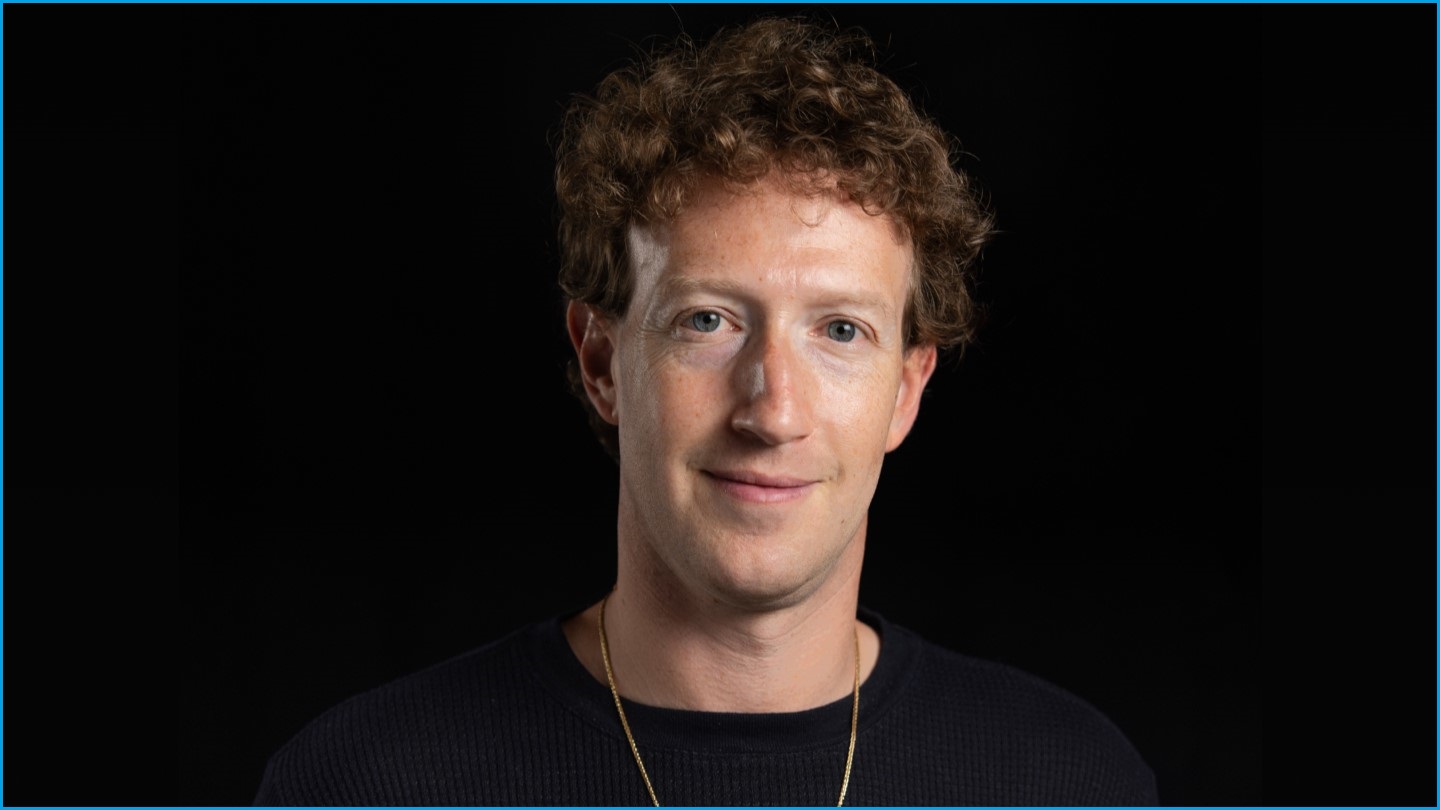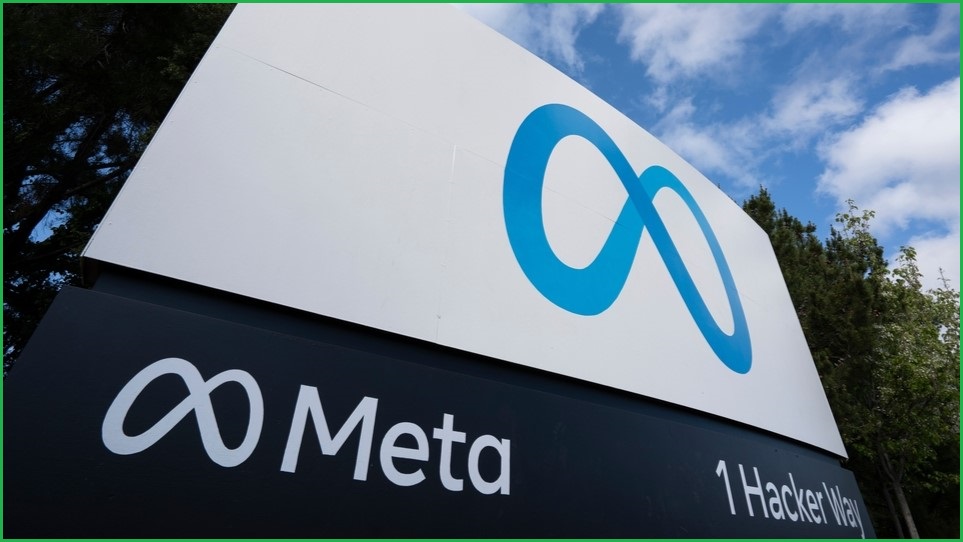Meta has scrapped its internal diversity programs just days after the tech giant announced the axing of third-party fact-checkers and a major overhaul of its moderation policies.
The huge changes to Facebook’s parent company come ahead of the inauguration of US president-elect Donald Trump, as Meta CEO Mark Zuckerberg attempts to build relationships with the incoming administration.
In a memo to staff by vice-president of human resources Janelle Gale, Meta announced it would be ending its own diversity programs in hiring talent and selecting suppliers.
In the memo, Gale said the “legal and policy landscape surrounding diversity, equity and inclusion (DEI) efforts in the United States is changing”.
“The Supreme Court of the United States has recently made decisions signalling a shift in how courts will approach DEI.
“… The term ‘DEI’ has also become charged, in part because it is understood by some as a practice that suggests preferential treatment of some groups over others.”
As first reported by Axios, Meta will be scrapping its internal DEI team and ending a range of equity and inclusion programs, to be replaced by schemes that “focus on how to apply fair and consistent practices that mitigate bias for all, no matter your background”.
The company’s supplier diversity policy will also be shuttered, with Meta to instead “focus our efforts on supporting small and medium-sized businesses that power much of our economy”.
Meta’s so-called Diverse Slate Approach to hiring, which involves the sourcing of candidates from different backgrounds to ensure a diverse pool of potential hires, has also been ended, as have the company’s representation goals.
As part of the overhaul, Meta’s chief diversity officer Maxine Williams will be moved to a role focusing instead on “accessibility and engagement”.
Preparing for Trump
The changes will be effective immediately, and come just days after large-scale reforms to Meta’s moderation policies were also unveiled.
Other heavyweight companies have also scaled back internal diversity schemes recently, including Amazon, which announced it was “winding down outdated programs and materials” on representation and inclusion in late 2024.
With Trump to be inaugurated on 20 January, Meta has taken a number of steps aimed at mending relationships with the former president.
That included the scrapping of its third-party fact-checkers, reforms to moderation policies, the promotion of prominent Republican Joel Kaplan to its chief global affairs officer, and the election of UFC boss and Trump’s friend Dana White to its board.

Meta CEO Mark Zuckerberg reportedly met with Donald Trump in Florida last week. Photo: Meta / Supplied
Zuckerberg announced a significant backdown on Meta’s content moderation policies last week, and argued the previous approach led to “too many mistakes and too much censorship”.
The CEO, who said Trump’s election win was a “cultural tipping point” towards freedom of speech, announced a community notes-style system, the lifting of restrictions on language around topics such as gender and sexuality, and the promotion of more political content in feeds.
Zuckerberg goes on Rogan
Zuckberg discussed these major changes during a three-hour appearance on Joe Rogan’s podcast the Joe Rogan Experience, released over the weekend.
“The whole point of social media is giving people the ability to share what they want,” Zuckerberg during the chat.
“It goes back to our original mission to just give people the power to share and make the world more open and connected”.
Zuckerberg blamed some of Meta’s previous moderation tactics on alleged pressure from the Biden administration, saying they would “call up the guys on our team and yell at them …cursing and threatening repercussions if we don’t take down things that are true”.
“We’ve been pressure-tested on this stuff in the last eight to 10 years with these huge institutions just pressuring us, and I feel like this is the right place to be going forward,” he said.
Zuckerberg also lamented what he saw as a rise of “culturally neutered” companies which had distanced themselves from “masculine energy”, claiming it was good for a culture to “celebrate the aggression a bit more”.










